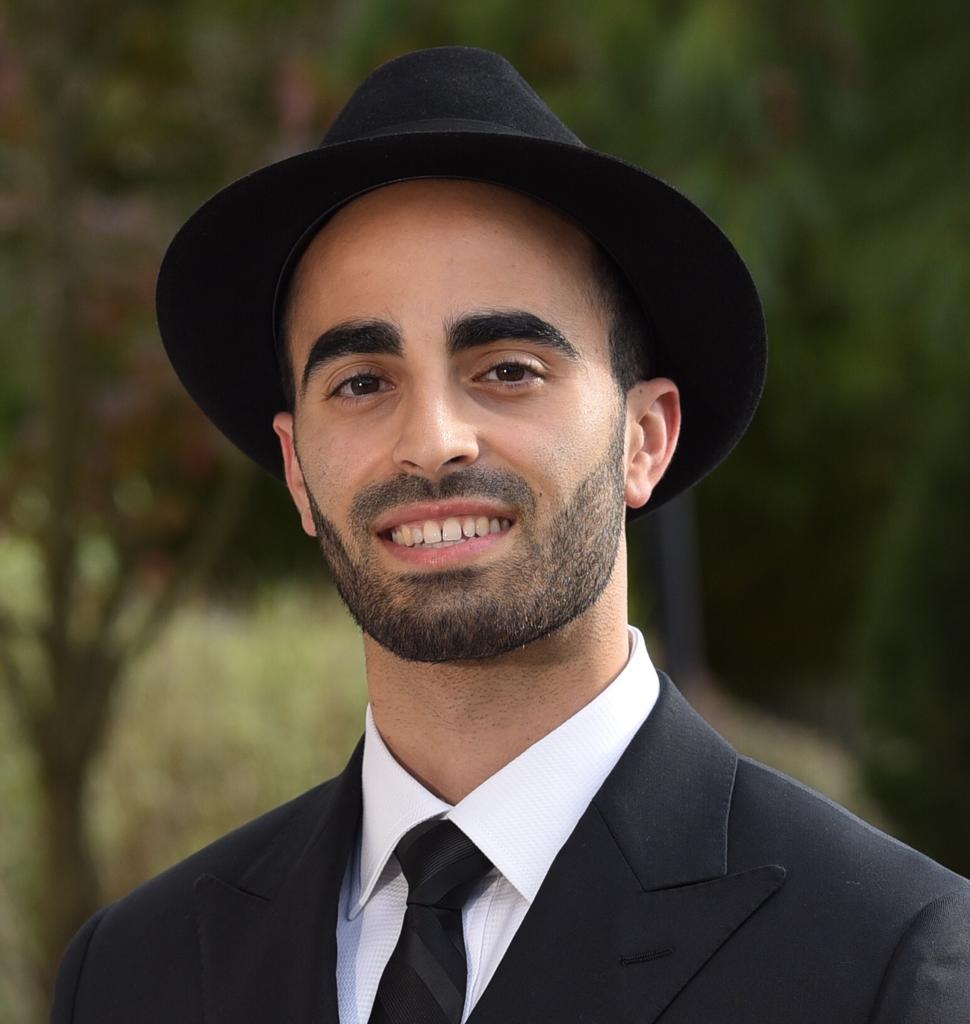
The Route of Gratitude
Persistence in spiritual growth and striving to become great in avodat Hashem, may come with challenges. Yet, perhaps, there’s a route that could bypass many


Persistence in spiritual growth and striving to become great in avodat Hashem, may come with challenges. Yet, perhaps, there’s a route that could bypass many

There’s a fascinating midrash that shows us the extent of going out of one’s way to facilitate and enhance peace amongst people: There was once

While one might think that receiving and bringing down the Torah was a simple and effortless matter on Moshe’s part, the Gemara seems to indicate

Our parsha begins with the census of Bnei Yisrael—with Hashem “counting” Bnei Yisrael. Hashem counting Bnei Yisrael is an expression of His endearment for us

Not just one day out of the week, or one week out of the month or even one month out of the year. The mitzvah

The joke goes of a husband who graciously offered if he can be of any help around the house. His wife responded: “The biggest help

Once, the famed Mashgiach of Mir—Rav Yerucham Levovitz—met an irreligious German professor, and Rav Yerucham attempted to draw this person back to Torah. The professor

While it’s clear from the Torah that man was created last in the process of the creation of the world, David Hamelech—at first glance—seems to

Having emunah in Hashem is more than just a method of coping, and making meaning of—and thereby enhancing difficult times. The merit of emunah holds

In parshat Tzav, the Torah says that the korban chatat (the sin-offering) should be slaughtered in the same place as the korban olah (the elevation-offering)

“And He called to Moshe, and Hashem spoke to him from the ohel moed.” Rashi says that this teaches us that Hashem’s voice stopped, and

The very beginning of parshat Pekudei refers to the Mishkan as the “Mishkan of testimony.” As Rashi explains, the Mishkan “testifies” to the fact that